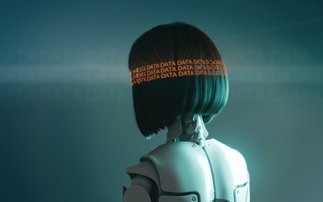DeepMind has struggled with Montezuma's Revenge, where players are required to avoid disappearing floors, lasers, fire pits and much more
Researchers from RMIT University in Australia claim to have developed an artificial intelligence (AI) algorithm that can play the classic Atari video game Montezuma's Revenge 10 times quicker than ...
To continue reading this article...
Join Computing
- Unlimited access to real-time news, analysis and opinion from the technology industry
- Receive important and breaking news in our daily newsletter
- Be the first to hear about our events and awards programmes
- Join live member only interviews with IT leaders at the ‘IT Lounge’; your chance to ask your burning tech questions and have them answered
- Access to the Computing Delta hub providing market intelligence and research
- Receive our members-only newsletter with exclusive opinion pieces from senior IT Leaders





















